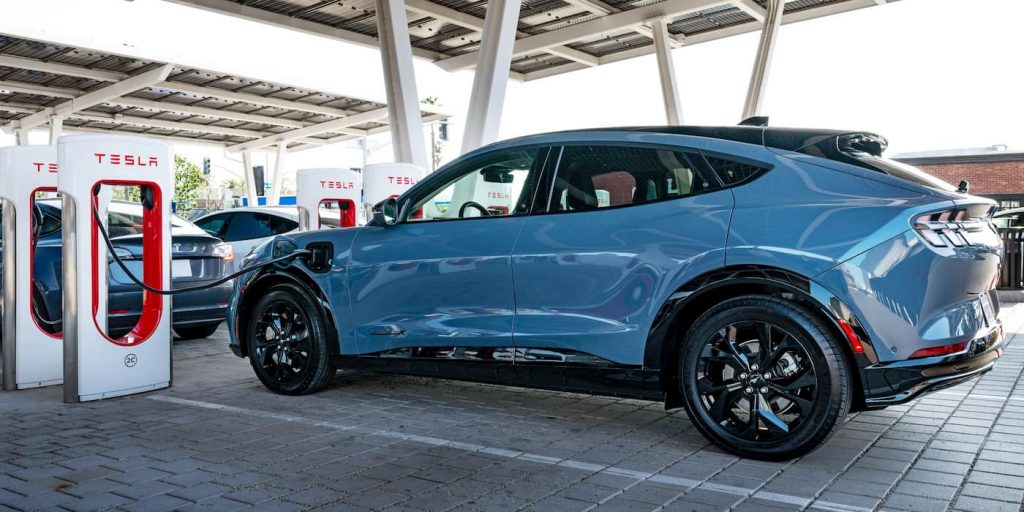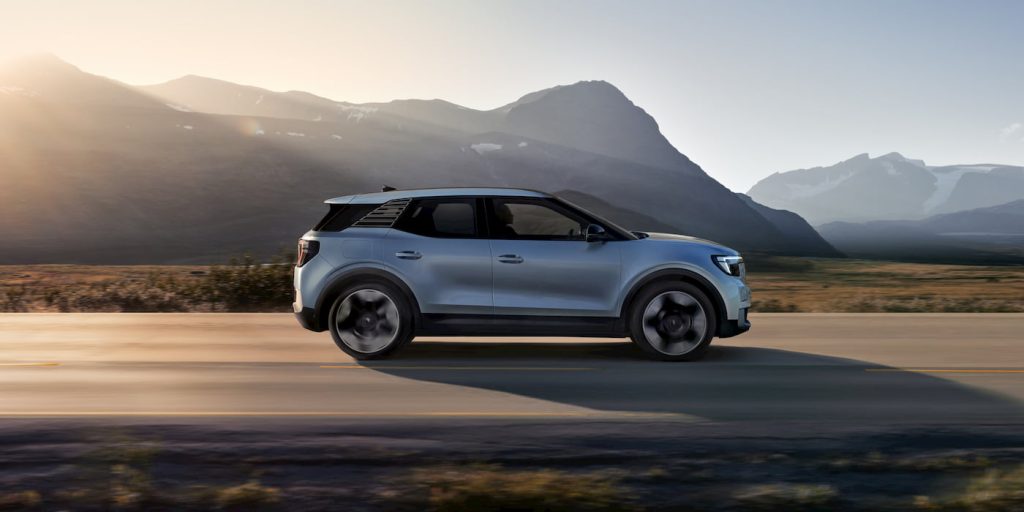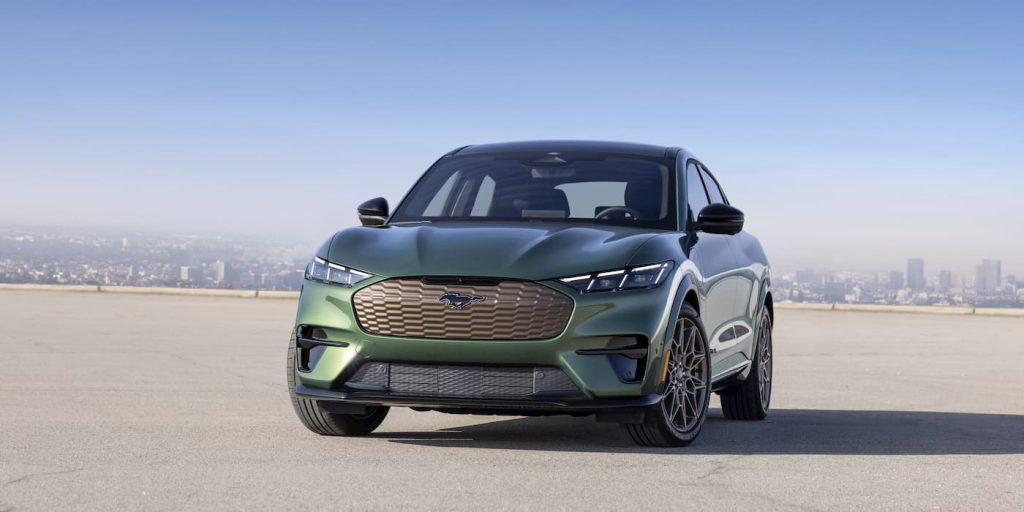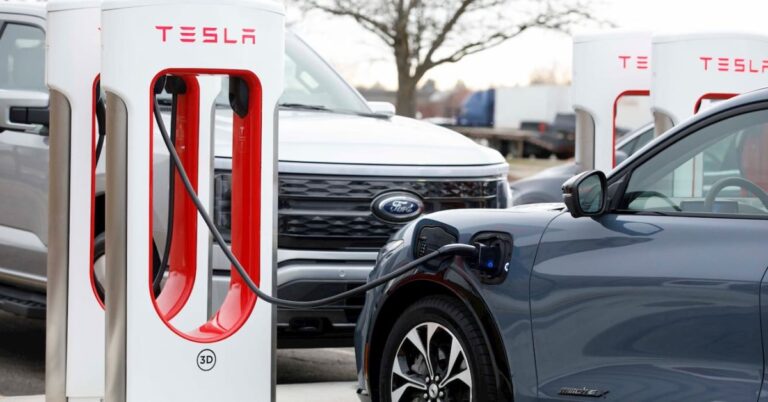As the leader of the more than 120-year-old automaker, Ford CEO Jim Farley has a key mission to guide it into the future. Farley said smaller electric vehicles, which Ford is moving toward, are “extremely important to our company.” Farley also discussed the surge in demand for larger “monster vehicles” in the United States.
While Ford is known for its big trucks and SUVs, its future could be much lighter. Ford’s CEO confirmed that the automaker needs a “radical shift” to focus on smaller, more profitable electric vehicles.
“We’re just in love with these monster vehicles,” Ford’s CEO said at the Aspen Ideas festival Friday. And while Farley agreed that he “loves them too,” he acknowledged that they’re a major problem because of their weight.
Ford’s CEO added: “We need to start loving small vehicles again. That’s very important for our society and for the adoption of electric vehicles.”
After Farley revealed earlier this year that the company was secretly working on a new electric vehicle platform for smaller, lower-cost electric vehicles, Ford is doubling down on its efforts.
Ford is expected to launch an electric car for about $30,000 in 2027. Farley says it will be profitable.

Ford Ditches Monster Trucks for Electric Vehicles
While Farley didn’t reveal additional details, Ford is assembling a team of “some of the best electric vehicle engineers” to bring the vehicle to life. Ford has recruited former engineers from Tesla, Rivian, Apple and Lucid to develop the platform.
In an interview with CNBCFarley said that to make a profitable electric vehicle, a “radical change” is needed.

The shift from Ford comes as the company has delayed plans for a three-row electric SUV to focus on smaller EVs that can generate profits. Ford is also pushing back its next-generation electric pickup, the “T3,” to 2026.
Farley explained that “big, huge electric vehicles” will never make money. “The battery alone costs $50,000,” he said, referring to larger vehicles like Ford’s Super Duty models, which would need massive battery packs to provide a range of more than 300 miles.

Ford must build electric vehicles profitably over the next five years as major Chinese automakers like BYD expand into new global markets.
Farley explained that Ford already has competitors making money from electric vehicles, expanding globally and building their supply chains.

“And if we can’t make profitable electric vehicles in the next five years, what’s the future? We’ll just be reduced to North America.”
Ford lost $132,000 on each electric vehicle sold in the first three months of the year, but Farley is confident Ford’s next-generation models will be profitable.
Electrek’s point of view
Although Ford has historically made most of its money from its “monster vehicles,” like big trucks and SUVs, Farley is right. Its revenue will decline if Ford can’t keep up with the global race to electric vehicles.
Nearly 98% of Ford’s profits come from the United States, but what will happen when cheaper, more advanced electric vehicles from foreign automakers hit the U.S. market? We’re already seeing foreign competitors like Hyundai and Kia gain market share in the U.S.
Kia and Hyundai are launching smaller, more affordable electric vehicles in global markets. The Kia EV3 has already secured over 10,000 reservations in Korea, starting at $30,700 (KRW 42.08 million).
Most other models are at this stage, too. The $35,000 Volvo EX30 is coming to new global markets (though its release is delayed again in the U.S.). GM says the $35,000 Chevy Equinox electric model will be available to order later this year.
Will Ford find its market? Farley hopes so, as he steps up efforts to offer smaller, more affordable electric vehicles now.
FTC: We use income generating automatic affiliate links. More.


